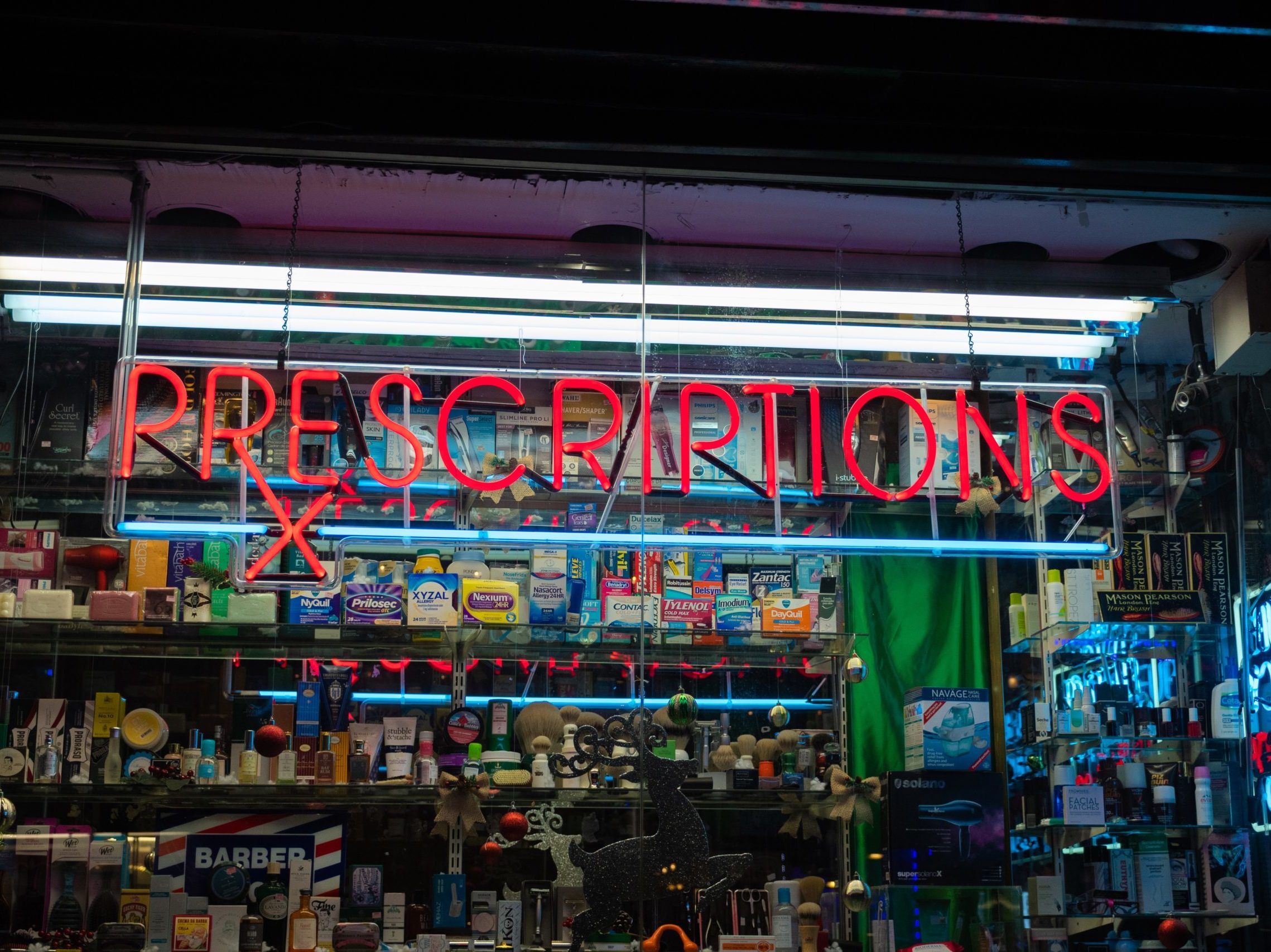2/13/23
Last month, the Federal Trade Commission (FTC) requested that Martin Shkreli be held in contempt of court after they discovered that he had founded a new pharmaceutical company. Despite being barred from working in the pharmaceutical industry in 2022, Shkreli’s new company, Druglike, is advertised as a Web3 drug discovery platform. Shkreli gained infamy in 2015 as the CEO of Turing Pharmaceuticals when he hiked the price of the anti-malaria drug Daraprim from $13.50 to $750 per tablet. Shkreli claimed that the rising cost of the drug, commonly used to treat HIV/AIDS patients with life-threatening parasitic infections, was reasonable because Daraprim had been enormously underpriced before Turing Pharmaceuticals acquired the rights. While news outlets covered the initial price hike, Shkreli’s obnoxious behavior on his social media worsened public opinion. In 2018, Shkreli was convicted on two securities fraud counts unrelated to Daraprim, but he was released from federal prison in 2022. Ultimately, Shkreli’s actions are an example of business techniques already standard in the pharmaceutical industry, where some companies buy the rights to “grandfathered” drugs and increase their prices.
Despite the apparent social outrage at Shkreli’s manipulation of Daraprim pricing, the FTC’s ability to enforce pharmaceutical costs remains largely unaltered. The United States is notorious for having some of the highest healthcare costs compared to similarly wealthy countries, and this trend also applies to pharmaceuticals. Effective and seemingly miraculous drugs are FDA-approved, but for many Americans, the rising cost keeps them out of reach, even with health insurance. Many patients skip or postpone prescriptions because of the overwhelming cost, including patients taking anti-cancer medication. Many people turn to crowdfunding instead to cover expenses, with GoFundMe reporting over 250,000 medical fundraisers on their site each year. Still, there is no guarantee that those seeking help from friends, family, or even strangers can meet their goals.
One of the most commonly cited instances of treatment price hiking is insulin, the primary treatment for diabetic patients to control blood sugar levels and prevent serious complications. The manufacturing cost of insulin is approximately $25 per vial at the highest estimates. Still, the listing price hovers around $300 per vial, with most patients requiring two to three vials a month. Indeed, markup from manufacturing costs remains to turn a profit, and insurance could make up some of the patient cost. Pharmaceutical companies also invest back into research and development to improve synthesized insulin’s manufacturing and effectiveness. However, the high margins are still mainly due to a lack of pricing regulation. For seniors with Medicare, the Inflation Reduction Act caps out-of-pocket insulin spending at $35 per month. This excludes over half of the diabetic patients in America. For companies developing completely novel therapies, the cost of drug development is an additional factor for increased drug pricing. In 2022, the average cost to take a drug from discovery to market was $2.3 billion. Thus, many pharmaceutical companies rely on private investors to fund innovative therapies, and those investors expect returns. In the industry’s current state, there is a tradeoff between lower drug prices and innovation.
The profit-driven basis of the pharmaceutical industry also poses an ethical question to new students entering the field. With so many Americans unable to afford life-changing medicine, it is difficult to believe that your work will reach everyone who needs it. In contrast, the high cost of schooling to work at these companies makes it unrealistic to expect lower pricing for some therapies if employees expect competitive wages. Shkreli’s attempted return to pharmaceuticals is a reminder of how much financial power these companies hold. For drug pricing to change, the US government must make sweeping reforms. Other wealthy countries like Australia already implement strategies like Universal healthcare and governmental price negotiations. These policies reduce drug costs for consumers and result in similar or better health outcomes. The US is far from reaching that level of government healthcare, especially when Biden’s proposal to cap insulin prices for all patients is assumed dead in the water.

